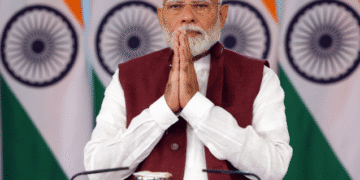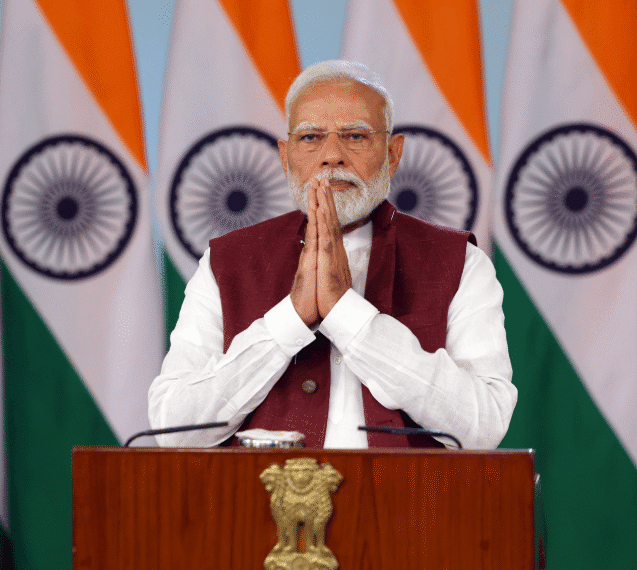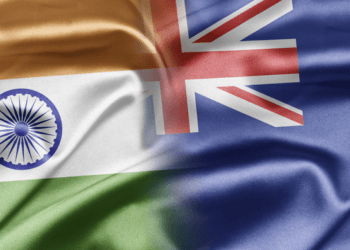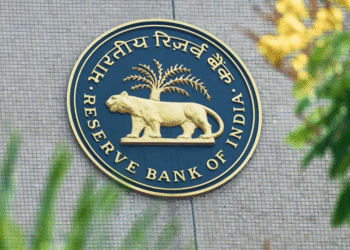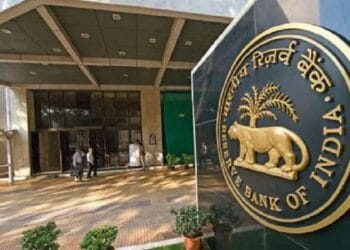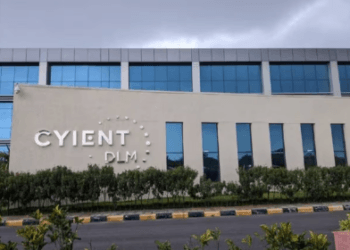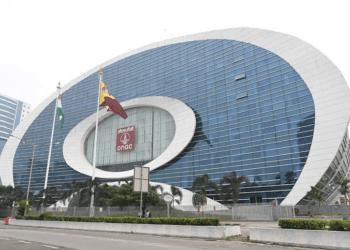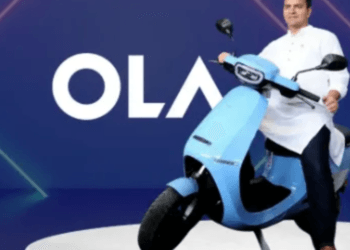Athira Sethu
Kochi, 16 August 2025
On India’s 79th Independence Day, Prime Minister Narendra Modi spoke to the nation from the Red Fort and spelt out large economic and technology-centric initiatives to drive growth and self-sufficiency.
Perhaps the largest announcement was the subsequent generation of GST reforms, which are set to be rolled out by Diwali 2025. The PM termed this as a “big Diwali gift” for India. The new GST regime will be easier, with fewer tax rates on basic items and a clearer system. Modi stated that this will reduce the burden of taxes on households, spur more consumption, and make it simpler for businesses to comply. The reforms also should assist small businesses and merchants by making it easier for them to adhere to tax rules.
Another major initiative is the initiation of the Pradhan Mantri Viksit Bharat Rozgar Yojana, a ₹1 lakh crore scheme to increase employment in the private sector. For this programme, first-time job recruits in the private sector will be given ₹15,000 by the government. Firms that hire more employees will also be given monetary incentives. The scheme will generate about 3.5 crore new jobs nationwide.
In the area of technology and manufacturing, Modi placed emphasis on India’s fresh thrust in the semiconductor sector. He announced that the concept of producing chips in India had been neglected for decades but was now working in “mission mode” to make India a dominant player in this industry. Made-in-India chips are to be ready by the end of this year. This is in line with the broader vision to position India as a world technology hub by 2047.
The PM also emphasized the need for self-reliance (Aatmanirbharta) in important sectors such as energy, with additional investment in solar, hydrogen, and nuclear power projects. The PM associated self-reliance with economic security, stating that excessive dependence on other nations might prove perilous for the country’s growth.
While the speech also covered national security and diplomatic issues, the economic focus was clear: simpler taxes, more jobs, and stronger technology infrastructure. Modi’s vision aims to prepare India for a future where it can lead in both innovation and industry, reducing dependency on imports and creating opportunities for millions of citizens.
If these efforts are successfully implemented, they could represent a significant turning point for India’s economic and technological status in the decades to come.
